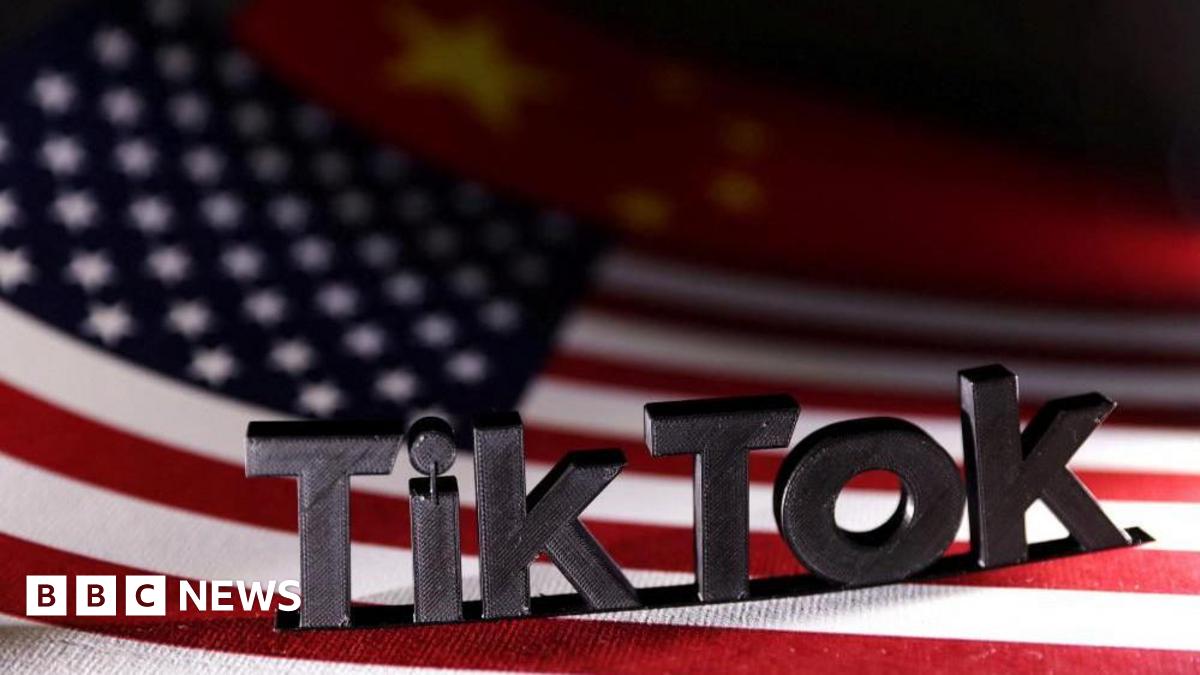In the first half year of Inflation Reduction Act-funded enforcement, the Internal Revenue Service has recovered over $1.3 billion, including $172 million from 21,000 wealthy taxpayers who hadn’t filed returns since 2017.
In February, the IRS began pursuing 125,000 high-income taxpayers who have not filed taxes in seven years. The agency used such third-party information as W-2s and 1099s to find people who’d received $400,000 or more but failed to file a tax return.
After collecting $38 million from more than 175 high-income, high-wealth individuals last year, the IRS expanded this effort to around 1,600 additional high-income, high-wealth individuals. Nearly 80% of these millionaires have now made a payment, leading to more $1.1 billion recovered, $100 million since July, the IRS said.
Al Drago/Bloomberg
Due to a previous lack of funding, “This hadn’t been happening,” said Secretary of the Treasury Janet Yellen, speaking at the IRS campus in Austin, Texas this week. “Between 2010 and 2018, the audit rate for millionaires fell by 80%. And during the previous administration, as audit rates on high-income taxpayers fell, the share of audits on taxpayers with incomes under $200,000 increased. In 2019, the top 1% of Americans was estimated to owe over one-fifth of unpaid taxes.”
The IRS has also launched
“It’s not right that everyday Americans pay taxes while struggling to make ends meet, but some of the wealthiest in this country have been able to evade payment,” she added.
IRS funding — so far earmarked for enforcement and improvements to technology and taxpayer service,
“We continue to face challenges from those in Congress who want to cut the funding that’s enabling [this enforcement]. This would be disastrous,” Yellen said.
Credit: Source link











